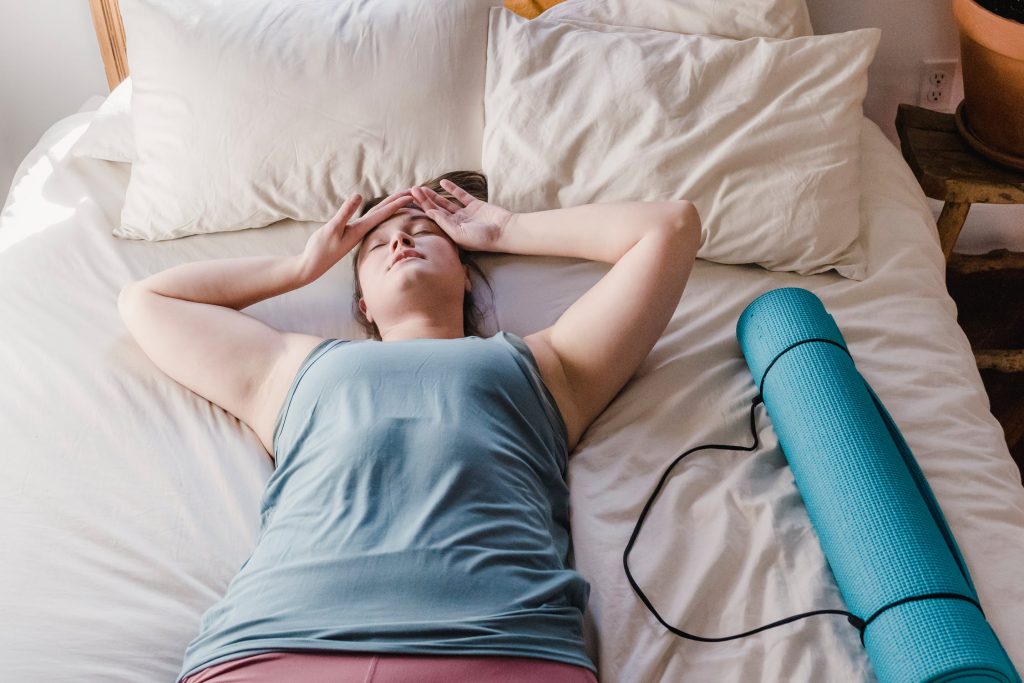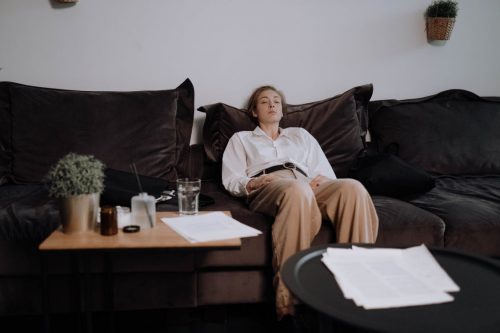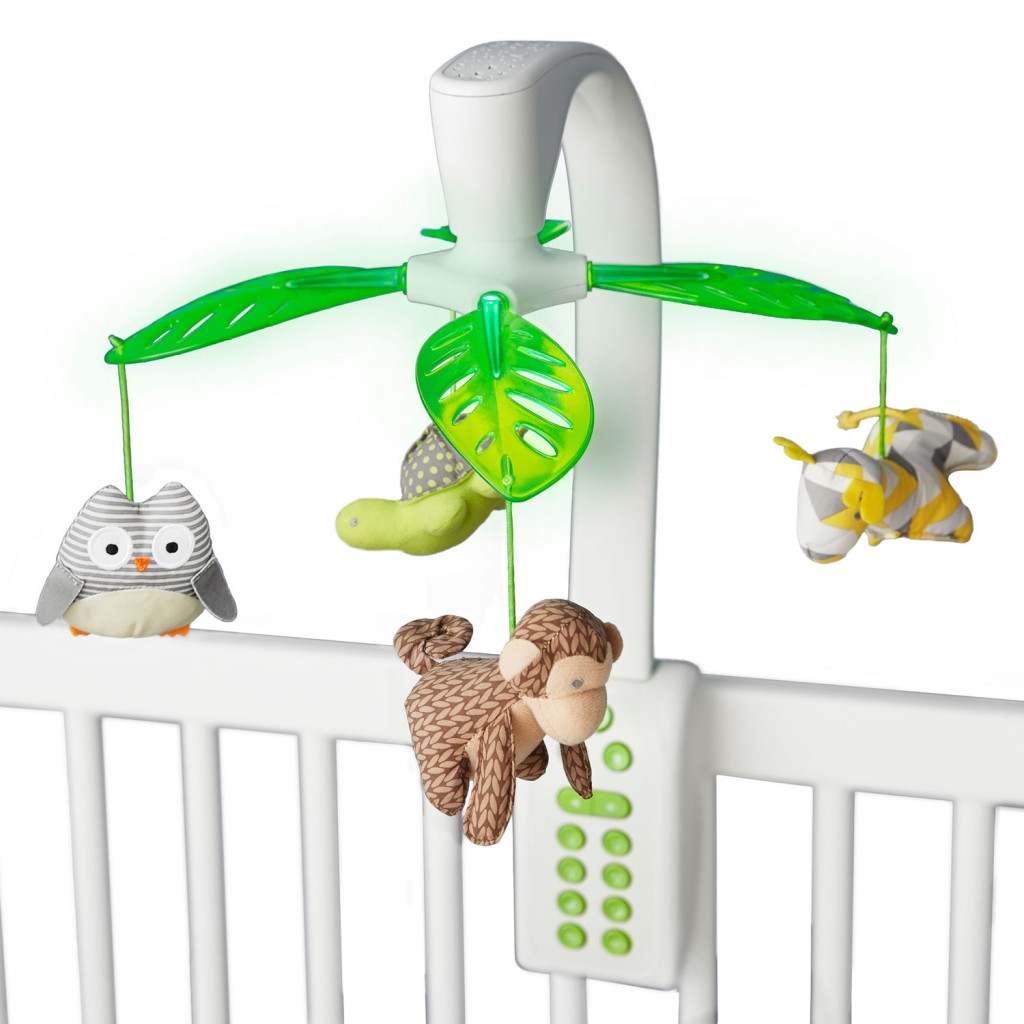Proven Sleep Tips: 5 Secrets to a Good Night’s Sleep
Getting a good night of sleep is one of the best things you can do for your physical and mental health. However, this core bodily function is sometimes harder to manage than it should be. In fact, 50 to 70 million Americans don’t get the recommended 7-9 hours of sleep per night.
Sleep is a scientific process that requires a scientific approach. Here are five proven tips to help you get a good night’s sleep.
Contents
Turn Down the Temperature
Crawling into a warm, cozy bed is a great way to end the day. However, regardless of your conscious preferences, the sleeping body tends to thrive in a cooler environment. Studies show that humans sleep best when the room is between 60-72 degrees Fahrenheit, though many sleep experts recommend trying around 65 degrees as a starting point.
The reason for this phenomenon is that body temperatures decrease during certain phases of the sleep cycle. As such, it’s natural to feel overheated in what would typically feel comfortable. While getting overheated might not wake you out of a dead sleep, it can lead to disruptions that leave you feeling tired in the morning.
Minimize Stimulant Intake
Caffeine is consumed with the intention of staying awake. While many people argue that they can drink coffee all day and fall asleep without an issue, there’s more at work behind the scenes. Stimulants like caffeine and alcohol will disrupt circadian rhythms, leading to poor quality rest. So while you might be able to drink java and head to bed, you’re likely not reaching the deep sleep you need for restoration and health.
One of the best secrets to a good night’s sleep is to minimize your stimulant intake, avoiding coffee, tea, and soda after lunchtime. If you need a mid-afternoon energy boost, consider using a wearable device that simulates caffeine release or engage in another energizing activity.
Unplug from Screens
The blue light from computer and smartphone screens also disrupts circadian rhythms, making it difficult to reach a state of deep, restorative rest. Furthermore, the act of scrolling through social media and interacting with the world is another form of mental stimulation that makes it hard to power down and disconnect.
Consider cutting off screen time at least an hour before bed and leaving your phone out of reach in the evenings. Placing your phone out of reach will also help you overcome the habit of hitting snooze again and again, further disrupting your sleep patterns.
Take Time to De-Stress
If you lie awake at night thinking about everything that might go wrong, you need some pre-bedtime de-stressing in your nightly routine. Engage in activities that help you process your stress, like journaling or meditation. Alternatively, incorporate soothing self-care activities, like reading or having a bath.
Practice stopping your negative thought spirals and directing your mind elsewhere. If stress is taking over your life, reach out for professional guidance to help you learn valuable coping strategies so you can rest and reset.
Don’t Eat or Drink After Supper
Finally, limit your snacking and liquid consumption after supper time. Proper hydration is important, but it will keep you up all night with trips to the bathroom if you time it poorly. Eating in the evening engages your digestive system, which could be disruptive when your body is trying to shut down and recharge.
By tackling these core issues, you can improve your sleep and overall health.





